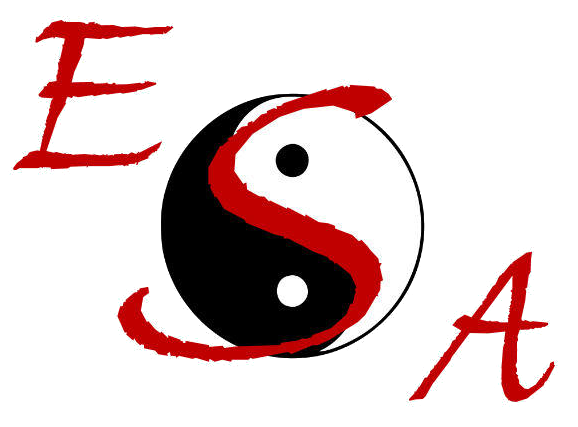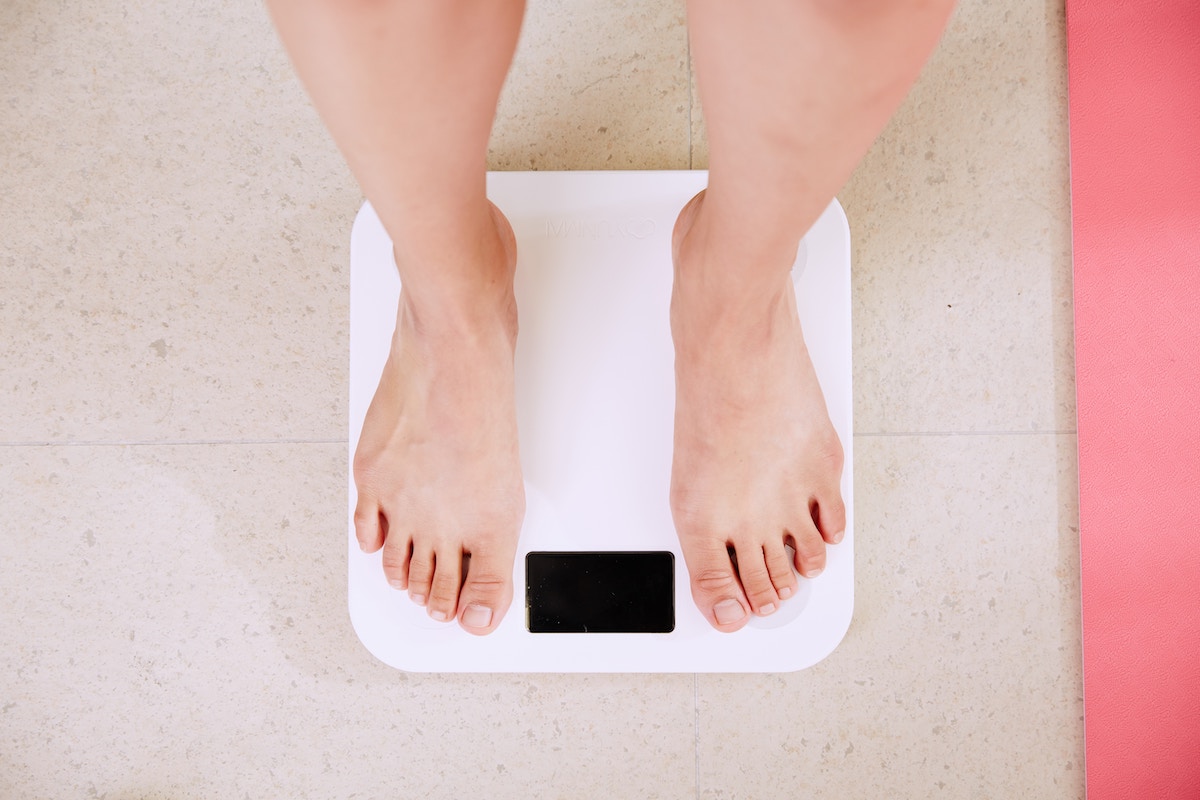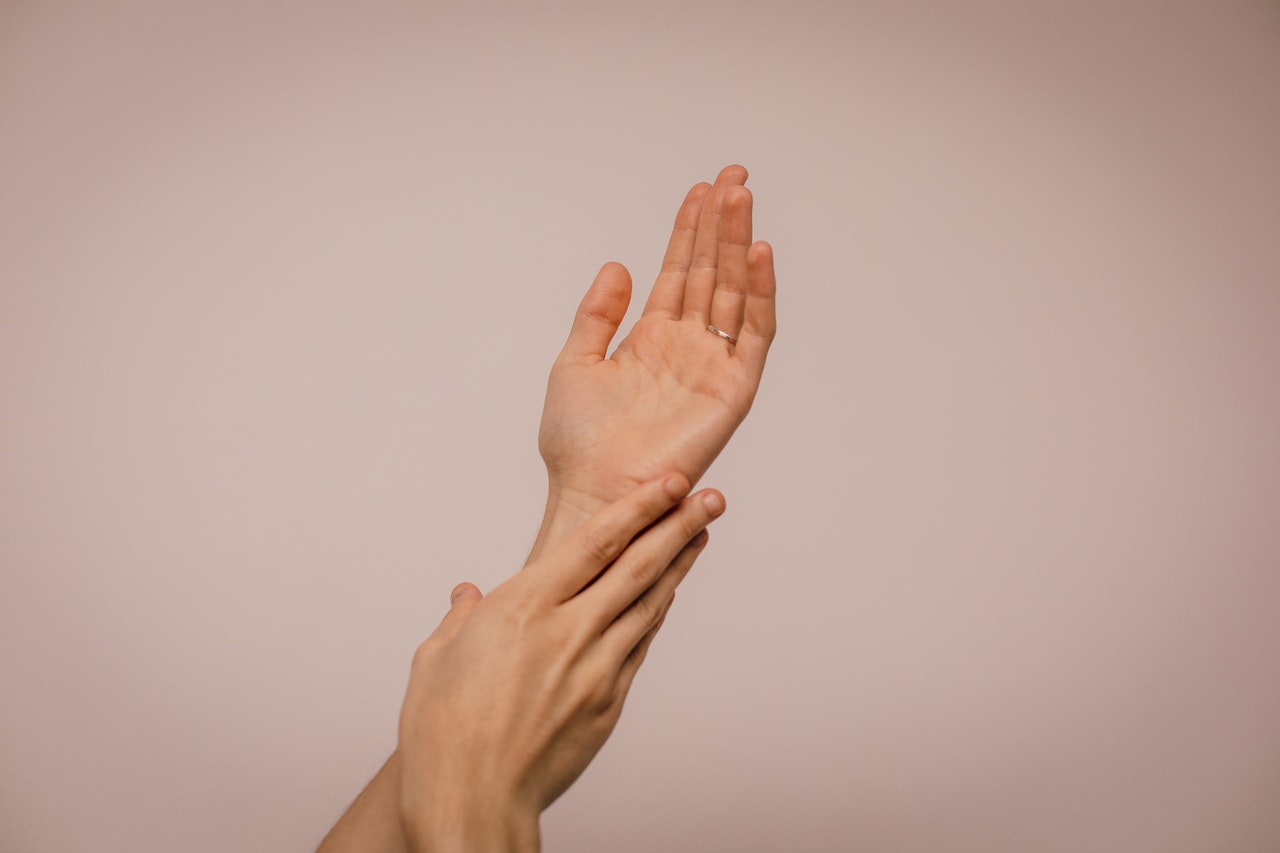
- East Side Acupuncture6515 Basile Rowe
East Syracuse NY 13057
181 Kenwood Ave.
Oneida, NY 13421(315) 569-6579 East Syracuse Hours
Tue9am-6pmThurs9am-6pm
Oneida Hours
Wed9:30am-5:30pm
-
- Sign up to receive news and updates and get my free report:“The Top 10 Reasons to Try Acupuncture”

-
- TestimonialsWhy acupuncture? Why not?! Couldn’t hurt. My husband and I had been trying to get pregnant for 4 years. We were charting my BBT and watching for “signs” of fertility. We tried a ton of stuff. One day my mother had asked if I had ever considered acupuncture for fertility. She said that she had a co-worker whose daughter tried it for her fertility and after one session she ended up pregnant! I thought about it and figured that we... Read more »
When I decided that I wanted to stop drinking; I knew I needed help. I saw a commercial on tv for a addiction recovery place and in it someone was receiving acupuncture. I thought it was a place to start. I found casey on line and made a appt. He asked questions and took some history with out being judgemental then proceded with a treatment. For the first few weeks I was anxious but Casey gave me herb supplements and had me take note of
... Read more »I lead a very active lifestyle and for 4 years I had been experiencing pain in my arms as well as fatigue and shortness of breath whenever I worked out. I had been to several doctors who prescribed the general remedies; iron supplements, ibuprofen and rest. Finally I just gave up and conceded to the idea that the pain would never go away. After constant nudging from my training coach I agreed to go see Casey not really knowing what to expect but... Read more »I sought Casey’s help last year when I started nursing school and became physically ill from all the stress. I had a lot of trouble with my shoulder/back/neck, could not breathe well, and kept having weird pains all over I could not really explain. Casey was able not only to begin unlocking all the chaos in my body, but also to instruct me on the beginnings of better living that have all started coming together. The effects are not always
... Read more »After living a year in terrible pain even after a cortisone shot and physical therapy, I was regretfully facing shoulder surgery for an impingement. At this point, I decided to try one last thing…acupuncture. I found Casey through a referral and he was able to completely relieve my shoulder pain through acupuncture…something that I only thought that surgery and a long road of physical therapy would do. I would recommend Casey to anyone considering acupuncture…he explained exactly what he was
... Read more »I have been treated by Casey for an arthritic neck and lower back and have felt an over-all effective reaction to the acupuncture treatment. I recommend him to my friends and they also have had good results.
I was referred to Casey Lewis for sciatic pain in my leg, which being a hair dresser was becoming extremely difficult to bear. I was also experiencing hot flashes, day and NIGHT. After one treatment, my pain level immediately went from a 8 to a 1, and I have not had a hot flash since!! I have seen Casey only 6 times in 5 months, and my life now is practically pain free. I would recommend acupunture to anyone looking
... Read more »I saw Casey for 16 sessions recently. When I went to see him on a referral from a friend I was most concerned with back pain, but I was also working on some weight loss and thought this would help, as well as some stress relief. I was amazed that after the first visit I had absolutely no back pain and that would last about the full two weeks until I saw him again. He has also helped me with
... Read more »I have had 8 sessions with Casey, for a few issues I was having. Horrible leg cramps were keeping me up. After the first session (and it doesn’t hurt) I had a great nights sleep. My hands and fingers do not go numb, and my overall physical and mental feelings have become much better! I definitely recommend this New/Old treatment to anyone with problems, and definitely before you decide to have surgery. It just might avoid it! (like it did
... Read more » -
Latest Articles:
- • The Best Ways to Protect Your Skin from the Sun This Summer •
- • Savoring Summer with Recipes Using the Best Summer Ingredients •
- • Top 5 Best Staycation Ideas for Summer •
Health Well News
Lose It: Weight Loss And Traditional Chinese Medicine
Traditional Chinese Medicine (TCM) can help with weight loss by evaluating the root of the problem. Acupuncture and herbs, along with changes in diet and an exercise plan, can help curb appetite, assist the digestive system, transform and transport food throughout the body and encourage regular elimination.

Here are three main contributors to weight gain and how TCM addresses them.
Hormones: Testosterone and estrogen imbalance can be likened to yin and yang. Yin is more feminine, still, dark, quiet, inward and moistening (our fluids are yin) and is likened to estrogen. Yang is more masculine, loud, outward, moving, hot and bright. It is likened to testosterone. The body continually achieves balance between these two elements. As we age, the hormone levels of testosterone and estrogen adjust and can create changes in the body such as weight gain. For example, women with higher estrogen develop increased fat storage, and women prescribed estrogen may be prone to weight gain. Treatment would include an herbal formula designed to adjust the hormones and a diet recommendation that would include foods that nourish yin, such as yams.
Dampness: In TCM the term dampness refers to water retention combined with fat stores due to overstimulation of insulin from poor diet and overeating. If this happens chronically, it weakens the spleen system (which is in charge of transformation and transportation of food in TCM, a different definition than that of the Western-medicine spleen).
Long-term depletion causes blockage of organs and channels leading to serious health risks for the kidney, spleen, heart and lungs. This happens in stages as acute damp retention becomes chronic and leads to deficiencies in the spleen and kidney, which leads to more chronic phlegm retention. An obese person would experience health issues such as diabetes and heart disease in this case. Treatment is best in the early, acute stages where dampness is still primarily middle-heavy. Herbs and acupuncture would drain the damp and a new diet would be implemented to prevent future issues. Foods such as barley, and soups to warm the spleen are benecial.
Eating habits and lifestyle: Overeating, eating quickly, indulging in processed foods and foods too cold, such as iced drinks and raw vegetables, impair the smooth function of the digestive system. Stress and irregular eating habits also can cause weight gain, as well as eating sugar to boost sagging energy or to calm emotions. In addition, eating heavily at night is not advisable because the body burns at a slower rate at night as it replenishes the yin cycle. Treatment in this case would include an adjustment in lifestyle and acupuncture for stress relief and appetite control.
TCM does not just see food biochemically. Food has qualities including temperature, taste, shape and color, which benefit specific organs and encourage their smooth function. For example, sour and green foods benefit the liver, bitter and red foods benefit the heart, and pungent, white foods benefit the lungs. If one has too much yang energy, there is too much heat and therefore cooling foods such as watermelon and cucumber would help achieve balance. In the case of a decline in yang, one would feel cold, so warmer foods like lamb and ginger would benefit. If one has too little yin, heat signs are present because the yang has become more exuberant. You would nourish the yin in this case with foods like yams or goji berries. Not only will the weight gain be addressed but the root of the issue as well. Ask me if you’re interested in learning more about TCM for your weight loss goals.
Gua Sha for Healthy Skin
There are many elements to keeping our skin healthy and vibrant. For instance, are we giving our bodies enough water each day? Are we eating healthy, organic, whole foods? Are we getting enough sleep? Are we dealing with our daily stressors? All of these things can affect how we feel on the inside and how we look on the outside. But in today’s busy society, many rarely take the time to care for themselves. This can show on our faces in the form of wrinkles, dry lackluster skin and even discoloration.

There is hope to fix this, and it’s called Gua Sha. Gua Sha may be just what the doctor ordered for attaining healthy skin.
Gua Sha is a technique that involves the quick, repetitive scraping of a flat jade, natural horn, ceramic or metal tool across the skin to relieve tension and pain and stimulate lymphatic drainage. It can be used anywhere on the body, but is frequently used as a part of facial acupuncture treatments.
Facial Gua Sha is gentler than when it is utilized in other areas of the body. When performing Gua Sha on the face, the tool is pulled along the skin instead of the deep scraping used on other areas. Also the tools used on the face are usually made of jade, rose quartz or porcelain, which provides a cooling sensation on the skin surface. The purpose of Gua Sha on the face is to increase lymph drainage and release facial muscle tension.
The lymphatic system relies on movement. We tend to get this vital movement through exercise or massage. But if you’re not engaging in regular exercise, the lymphatic system can become sluggish and clogged. This means that it doesn’t perform optimally. When lymph fluid is circulating and draining properly, added Gua Sha can reduce inflammation and increase the body’s ability to remove toxins and dirt that have built up in the skin. This means less facial puffiness, clearer sinuses and less acne.
Facial Gua Sha can be beneficial for reducing tension held in the face and neck areas too. This may lead to fewer headaches, less jaw tightness and decreased neck pain. For people who clench their teeth, Gua Sha can be a game changer because it releases the tension built up in the muscles.
One more thing that facial Gua Sha provides is exfoliation. The action of gentle scraping on the face improves blood flow and allows for the dead skin cells to slough off more easily and frequently. This can even out facial skin tone, creating a radiant, healthy complexion.
If you are concerned about your skin tone, fine lines and wrinkles or you are experiencing neck and jaw pain, facial Gua Sha might be the extra tool you need.
Acupuncture for Carpal Tunnel
As the weather warms, so too does the desire to be more active and spend time outside with friends and family. If you’re someone who spends a lot of the day on the computer, or in a job that requires other repetitive motions in your wrists and hands, you might be walking into summer in pain and wary of any upcoming bocce ball tournaments.

In some cases, repetitive movements of the wrist and fingers, including typing, can lead to carpal tunnel syndrome. Characterized by pain in the wrist and hand, carpal tunnel syndrome means the median nerve, which runs from the forearm to the wrist to the hand, has been compressed. This compression causes pain, numbness, tingling and occasional weakness of the wrist, arm and hand.
Conventional medicine treats true carpal tunnel syndrome with splints, non-steroidal anti-inflammatory medications and cortisone shots. If none of these work, then surgery is recommended. Carpal tunnel surgery is the second most common type of surgery in the United States, following back surgery.
However, many people who develop wrist pain are misdiagnosed with carpal tunnel syndrome and sent to surgery when it isn’t needed. This can lead to further, more serious complications. It’s important to find out if your discomfort is being caused by true carpal tunnel syndrome or just inflamed trigger points that need attention. When trigger points are “upset,” the pain can actually mimic the symptoms of carpal tunnel syndrome.
Traditional Chinese Medicine (TCM) utilizes acupuncture, as well as many other modalities, to treat pain associated with carpal tunnel syndrome. Acupuncture and electroacupuncture can be extremely beneficial for those suffering from this condition. A study conducted by Massachusetts General Hospital demonstrated acupuncture and electroacupuncture not only decrease pain, but also remap the brain. Before and after MRIs showed the carpal tunnel-related damage to the somatosensory cortex was repaired in participants who received acupuncture. This means those subjects actually showed continued improvement over time and their ability to function improved, too.
Acupuncture is a safer alternative to NSAIDs, cortisone shots and surgery. Studies confirm acupuncture decreases inflammation and restores function to tight muscles and tendons. Many studies show acupuncture eliminates the pain source rather than just masking the symptoms. Acupuncture is cheaper, less invasive and has a much higher probability of providing permanent relief. But in order to do this, the proper diagnosis must be made.
As mentioned before, angry trigger points can mimic carpal tunnel pain. Acupuncture can also be very beneficial for those experiencing trigger-point pain. Any one of the many muscles in the arms can become angry from repetitive motion. By stimulating painful trigger points with acupuncture needles, the muscles fire and release. This allows the muscle fibers to return to a relaxed state, relieving pain.
Wrist pain can be a serious burden for those who suffer from it, but before writing off the possibility of all summer lawn games this year, consider giving acupuncture a try.

